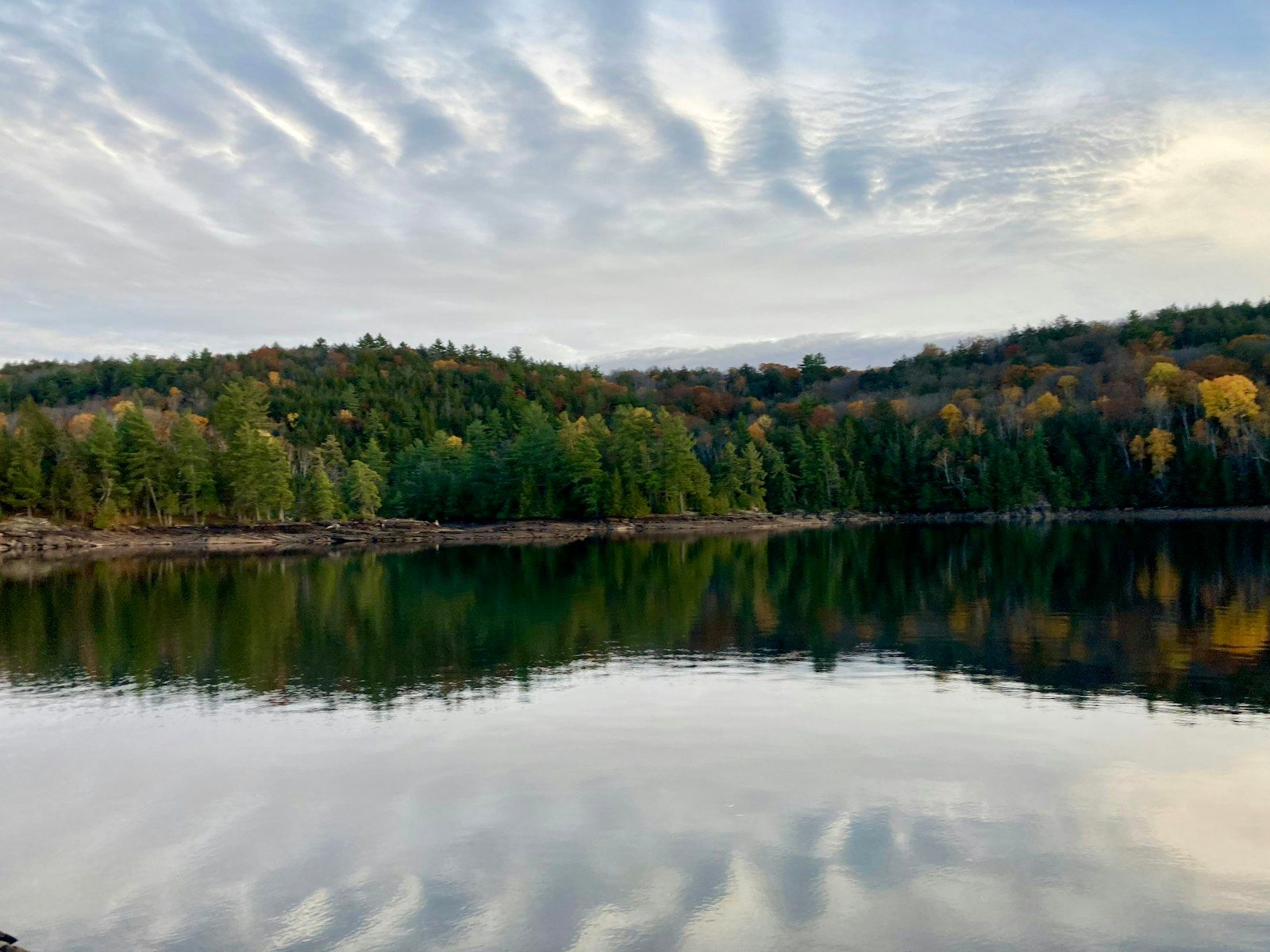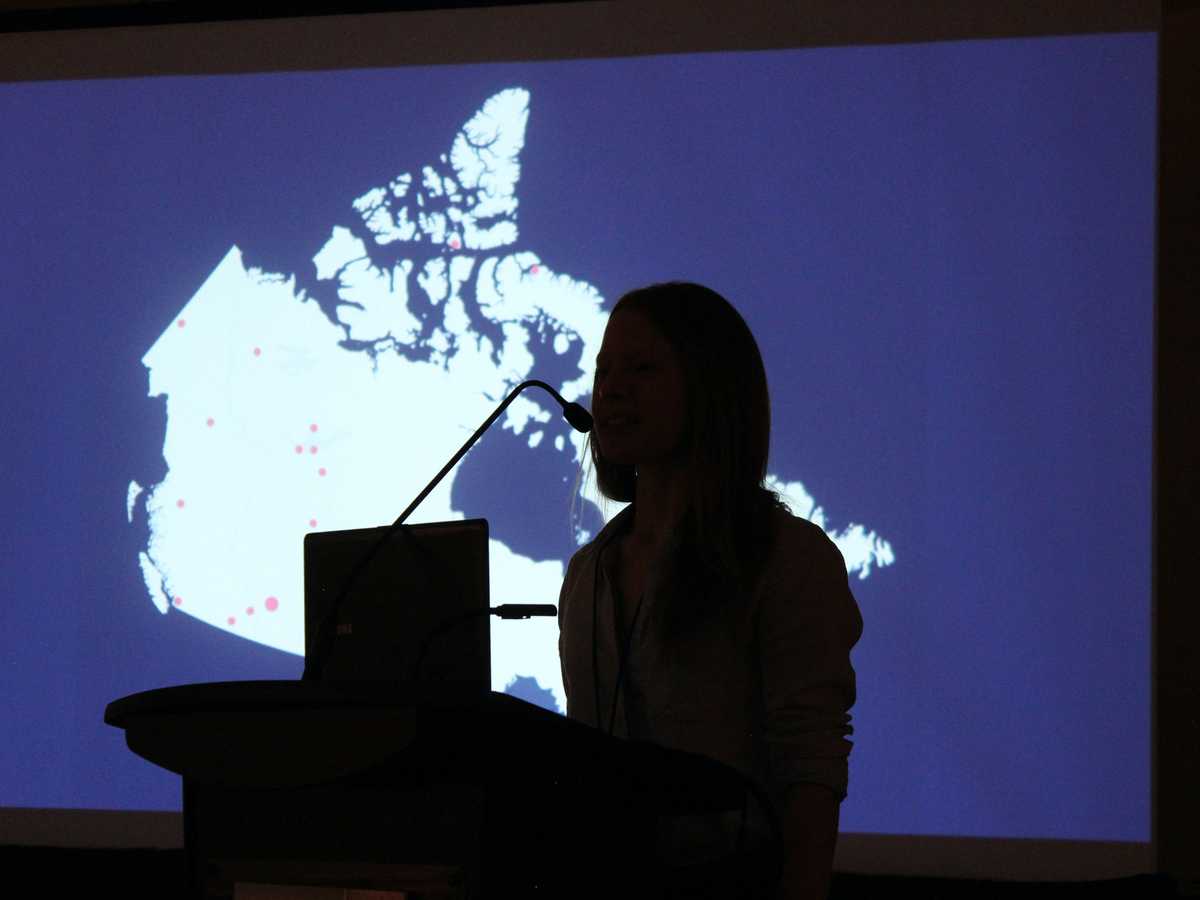
Elevating Community-Based Water Monitoring in Canada: A National Discussion
December 6, 2018
On November 27-28, a national discussion focused on identifying potential government supports for community-based water monitoring (CBWM) initiatives took place in Ottawa. More than 60 attendees, from across Canada, took part.
The discussion was convened by The Gordon Foundation, Living Lakes Canada and WWF-Canada. It brought together experts, innovators and practitioners from across the water sector to share unique perspectives regarding initiatives to monitor and protect watersheds across Canada.
The day and a half discussion considered how the federal government can meaningfully and effectively engage with and support CBWM work.
Representatives from local, regional and national initiatives were present. They included: CBWM practitioners; federal government scientists and policy makers; environmental non-governmental organizations; and academics.
Collectively, the participants sought to identify actionable steps the federal government can take to show leadership and support in advancing community-based monitoring of freshwater ecosystems in Canada.
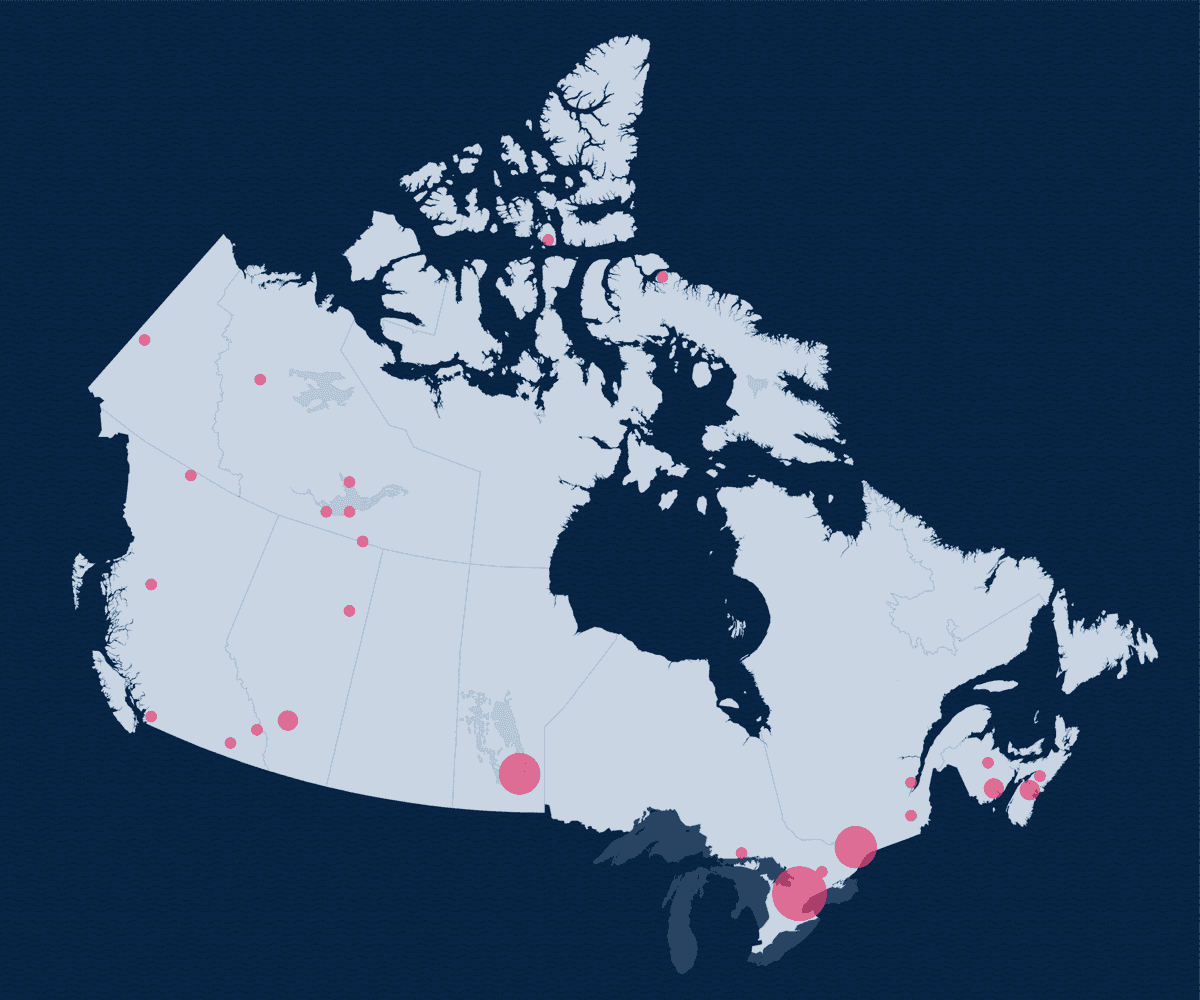
Participants came from across Canada to take part in the Community-Based Water Monitoring Rountable (as indicated in red dots).
A Timely Discussion
Across Canada there is growing awareness that communities are deeply connected to their waters and best placed to see changes to their rivers, streams and lakes as they happen.
As a result, CBWM initiatives are gaining national momentum. The growth of these programs is an opportunity for the federal government to advance a number of its core environmental priorities while simultaneously building meaningful relationships with community-led efforts at the forefront of freshwater monitoring and protection.
This workshop aimed to develop a shared set of concrete recommendations to make the most of existing federal investments in CBWM and guide efforts to ensure that programming across departments is well coordinated and effectively addresses community needs.
Participants workshopped draft recommendations focused on the following key thematic areas: (1) Capacity building; (2) Effective monitoring; (3) Data management; (4) Facilitating regional and national collaboration; (5) Mobilizing knowledge for action; and (6) Sustainable funding.
Active participation by representatives from CBWM initiatives and government departments alike ensured local expertise and federal realities informed the discussions, and that these focused on finding common ground while avoiding one-size-fits-all solutions.
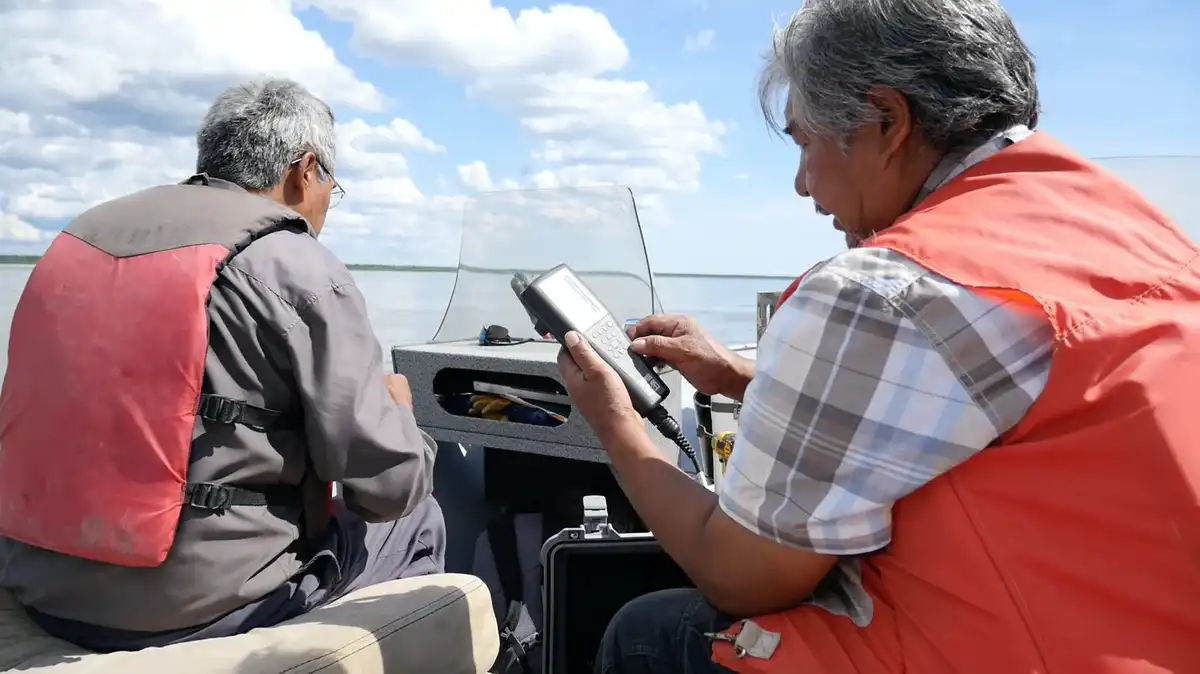
Community-based water monitoring in the Northwest Territories (summer 2018)
Highlights
- We heard from the federal government about existing supports for CBWM programs. Presenters from Environment and Climate Change Canada ( View slides ) as well as Crown-Indigenous Relations and Northern Affairs Canada ( View slides ) identified the decisions, priorities and broad strokes of what government is currently doing to support CBWM through programs, funding streams and relationships.
- We learned about Indigenous-led water monitoring programs from presenters from the Indigenous Leadership Initiative, Manitoba Métis Federation and the Assembly of First Nations ( View slides ). Presenters spoke about different contexts where water monitoring is important and how these initiatives help exercise inherent water rights and associated responsibilities.
- Experts hosted “ask me anything” discussions highlighting how different organizations are collecting and using freshwater data across North America.
- Breakout Sessions focused on: Capacity building; Effective monitoring; Regional and national collaboration; and data management. Participants were able to share a wide range of monitoring experiences from all regions of Canada.
- Keynote: Meredith Brown, from Ottawa Riverkeeper, delivered a keynote address focusing on local efforts to monitor and steward the Ottawa River and its tributaries. She shared two decades of experience championing CBWM in the Ottawa River Watershed ( View slides ).
- A snapshot of diverse CBWM initiatives from every corner of the country were showcased during a series of fun, fast-paced Ignite-style presentations:
- On Capacity Building: Tim Soucie & David Atkinson, ARCTIConnexion, Pond Inlet ( View slides )
- On Effective Monitoring: Alexis Kanu, Lake Winnipeg Foundation ( View slides )
- On Regional & National Collaboration: Graeme Stewart-Robertson, ACAP St. John ( View slides )
- On Data Management : Catherine Paquette and Simon Mitchell, WWF Canada ( View slides )
- On Mobilizing Knowledge for Action : Mike Low, Dehcho First Nation ( View slides )
- On Sustainable Funding : Jana Kotaska, Coastal Stewardship Network ( View slides )
What comes next?
Additional information about outcomes and timeline will be released in late-2018 or early-2019.
Notes from the discussion will be shared with participants and made publicly available online in the coming weeks. This will include information about: the unique perspectives which were shared; and experiences and feedback exchanged during different sessions.
Key feedback provided on draft recommendations for the federal government will be incorporated into a final summary document. Stay tuned for opportunities to participate in this process in the winter, 2019.
List of Speakers & Facilitators
Sharlene Alook, Treaty 8 First Nations of Alberta
Leon Andrew, Sahtu Secretariat Incorporated and Tracking Change
Caleb Behn, Assembly of First Nations ( View slides )
Meredith Brown, Ottawa River Keeper ( View slides )
Sherry Campbell, The Gordon Foundation
Adam Chamberlain, Gowling WLG
Alice Cohen, Acadia University ( View slides )
Heather Crochetiere, WWF-Canada
Marlene Doyle, Indigenous Community-Based Climate Monitoring Program, Crown-Indigenous Relations and Northern Affairs Canada (CIRNAC) ( View slides )
Carolyn DuBois, Water Program, The Gordon Foundation
Katarina Hartwig, Living Lakes Canada
Elizabeth Hendriks, WWF-Canada
Paul Jiapizian, Science and Technology - Water Quality Monitoring and Surveillance, Environment and Climate Change Canada (ECCC) ( View slides )
Alexis Kanu, Lake Winnipeg Foundation ( View slides )
Elaine Kicknosway, Elder, Wolf Clan, Peter Ballantyne Cree Nation)
Jana Kotaska, Coastal Stewardship Network, Coastal First Nations – Great Bear Initiative ( View slides )
Mike Low, Dehcho First Nation ( View slides )
Tony Maas, Director, Forum for Leadership on Water (FLOW) ( View slides )
Dawn Martin Hill (Mohawk, Wolf Clan), Global Water Futures, McMaster University
Simon Mitchell, WWF-Canada ( View slides )
Shaunna Morgan Siegers, Indigenous Leadership Initiative ( View slides )
Joanne Nelson, Decolonizing Water Project, University of British Columbia
Gabrielle Parent-Doliner, Swim Drink Fish Canada
Catherine Paquette, WWF-Canada ( View slides )
John Parenteau, Fisheries Minister, Manitoba Métis Federation
Brenda Parlee, Tracking Change, University of Alberta ( View slides )
Cleo Reece, Keepers of the Athabasca and Athabasca Watershed Council
Jeff Schloss, University of New Hampshire
Tim Anaviapik Soucie, ARCTIConnexion ( View slides )
Graeme Stewart-Robertson, ACAP Saint John ( View slides )
Carla Torchia, Great Lakes National Program, Environment and Climate Change Canada (ECCC) ( View slides )
Emma Wattie, Atlantic Water Network
Facilitator
Geraldine King, NVision Insight Group Inc.
Thank you!
We consider this event a great success thanks to the many participants who contributed their time and expertise, as well as the collaborative efforts of the planning team, advisors, and facilitators.
The workshop was made possible through the generous support provided by Environment and Climate Change Canada, Crown-Indigenous and Northern Affairs Canada, and Tides Canada.
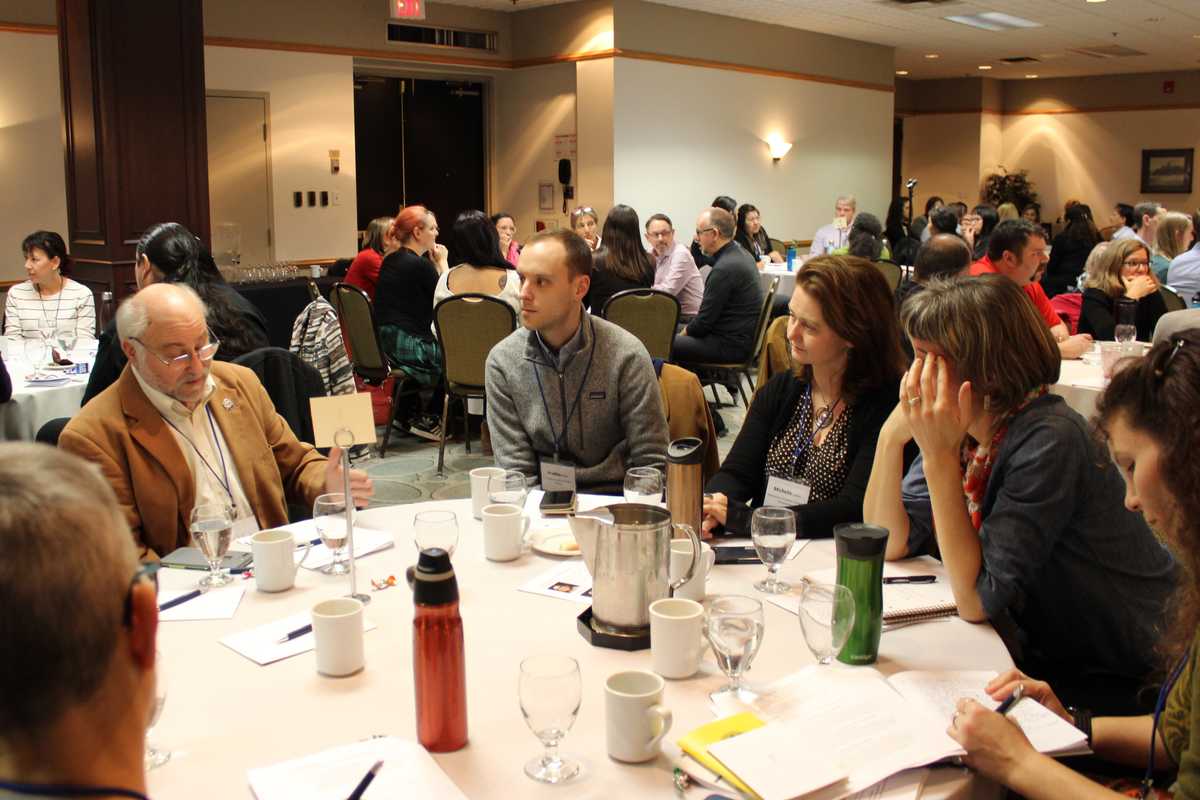
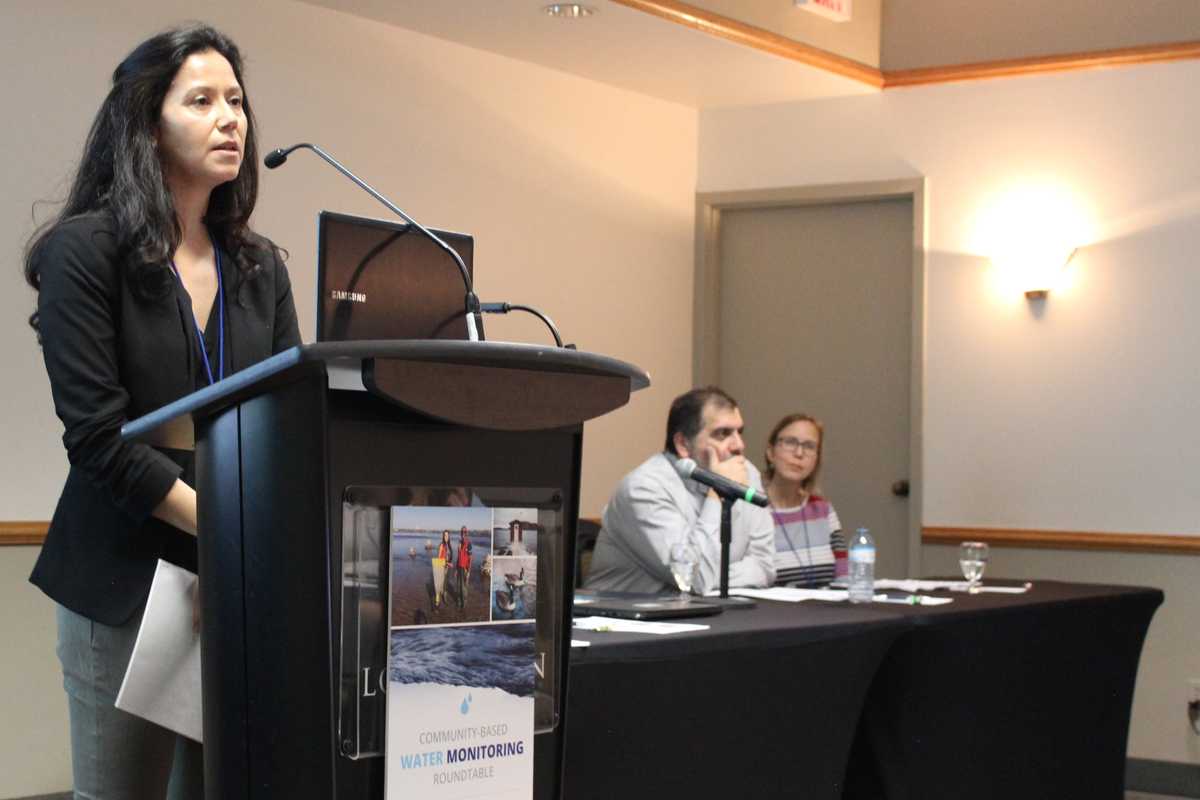
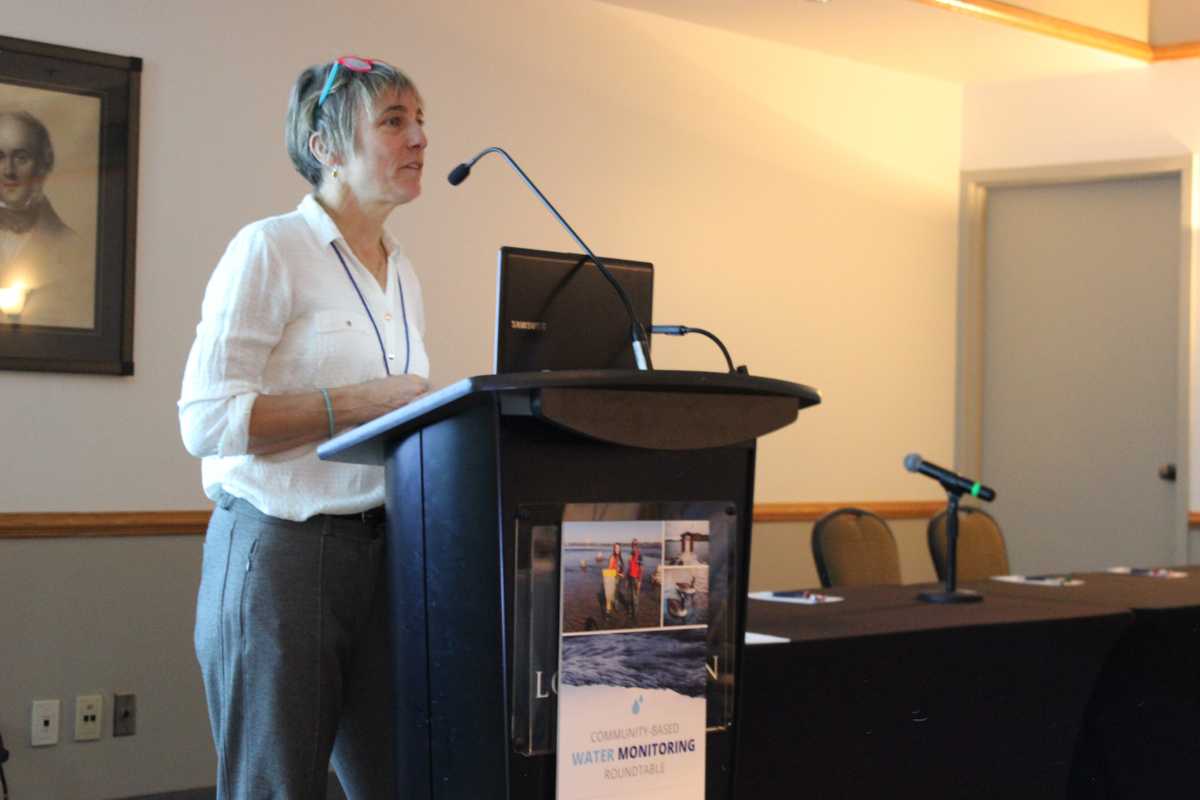
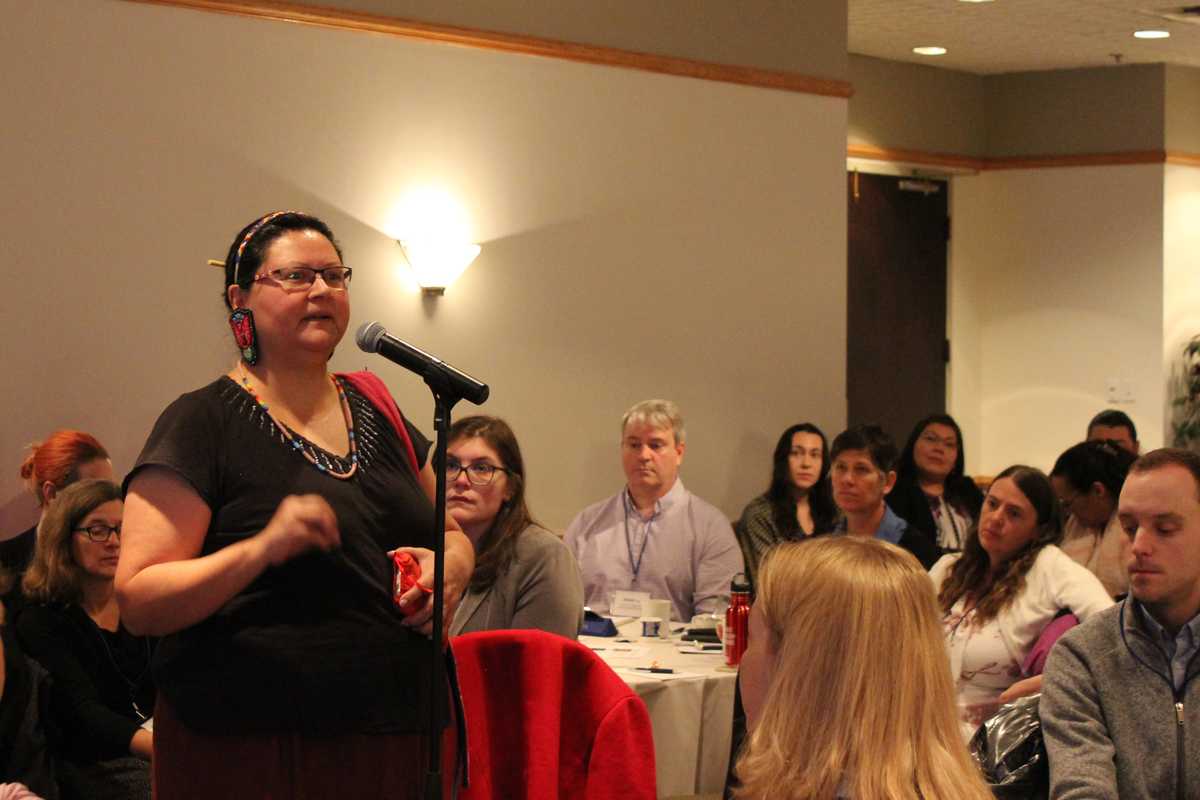
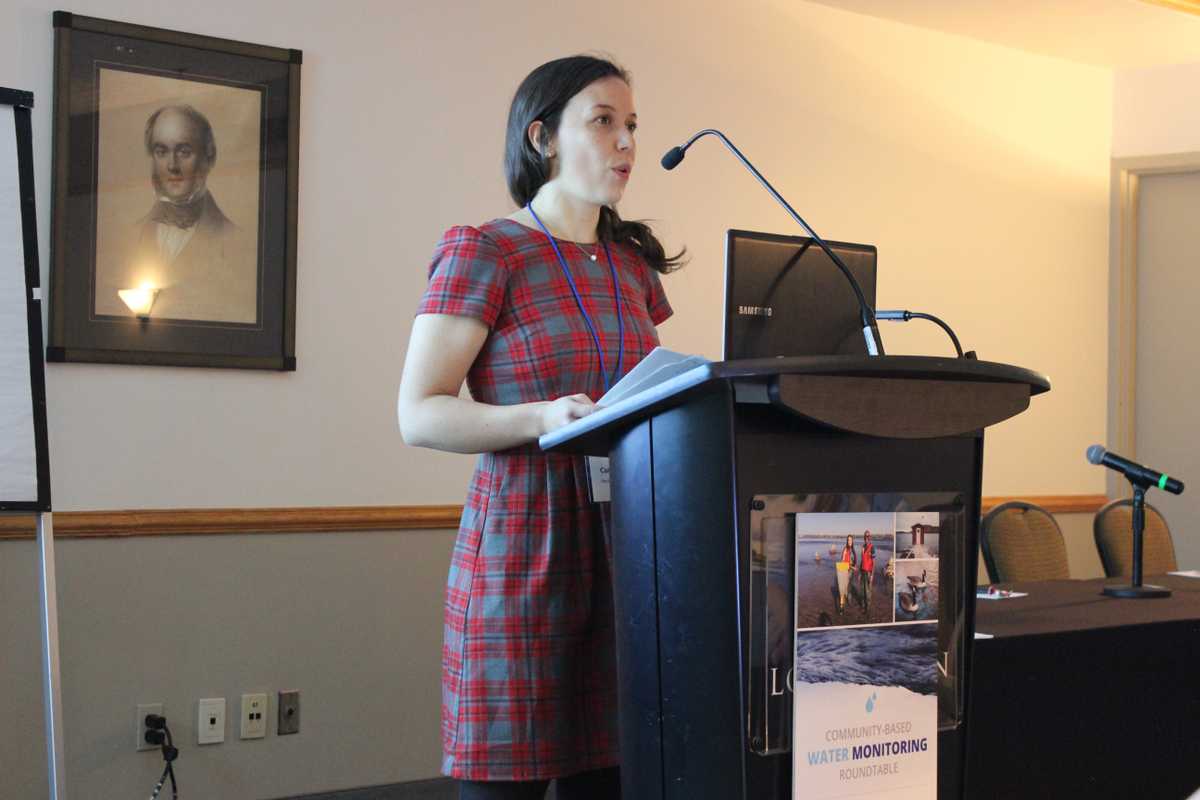
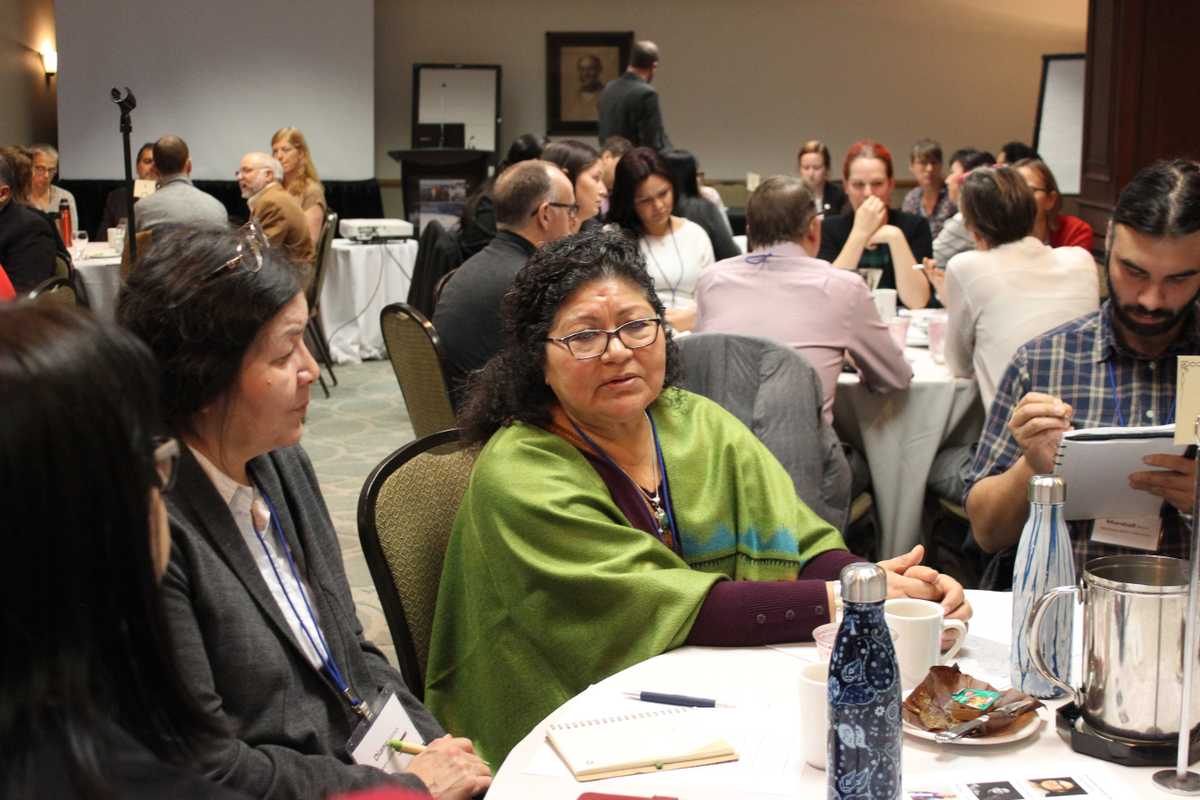
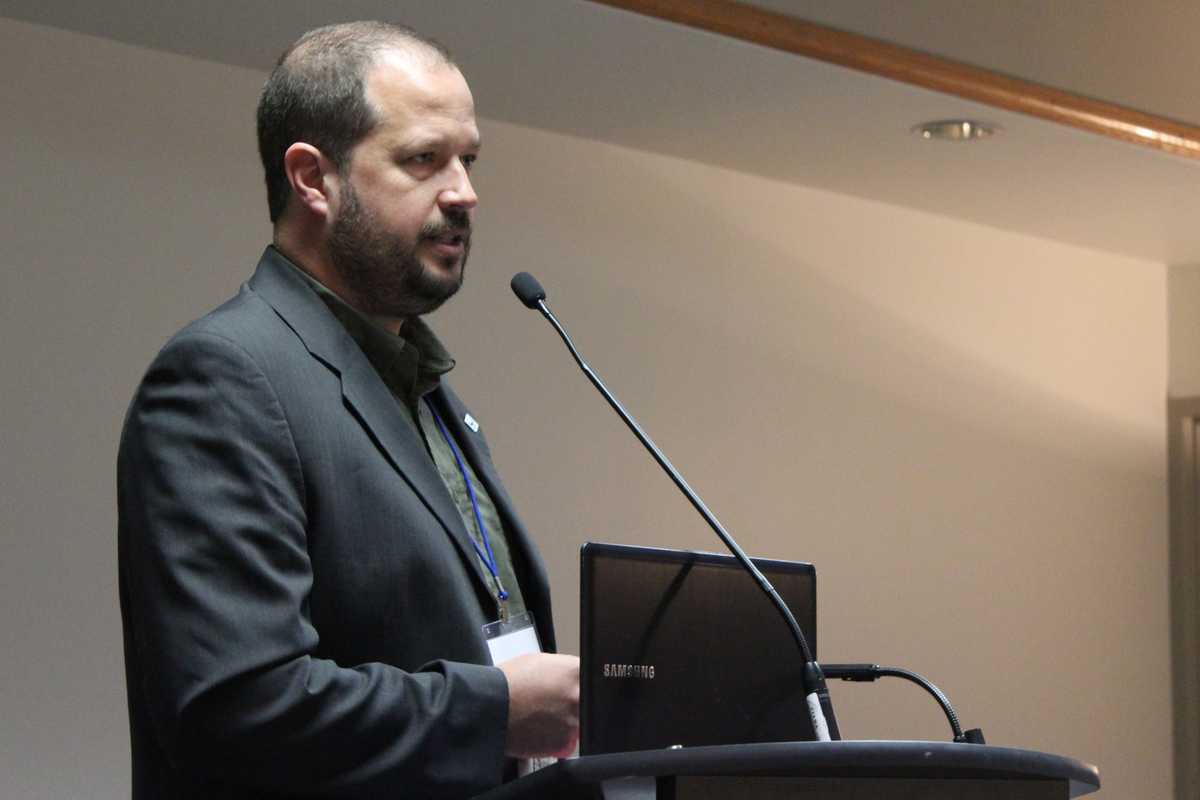
Five things you may not know about the Mackenzie River
On World Rivers Day, we’re highlighting the majestic Mackenzie River. So, here are five facts to help you get to know the Mackenzie River.
The results are in! DataStream's 2023 external evaluation
We asked for your feedback, and you delivered! DataStream is pleased to share the results of our 2023 external evaluation.
Job Posting: Executive Director
The Executive Director (ED) will play a pivotal role in leading DataStream at an exciting time of growth.


